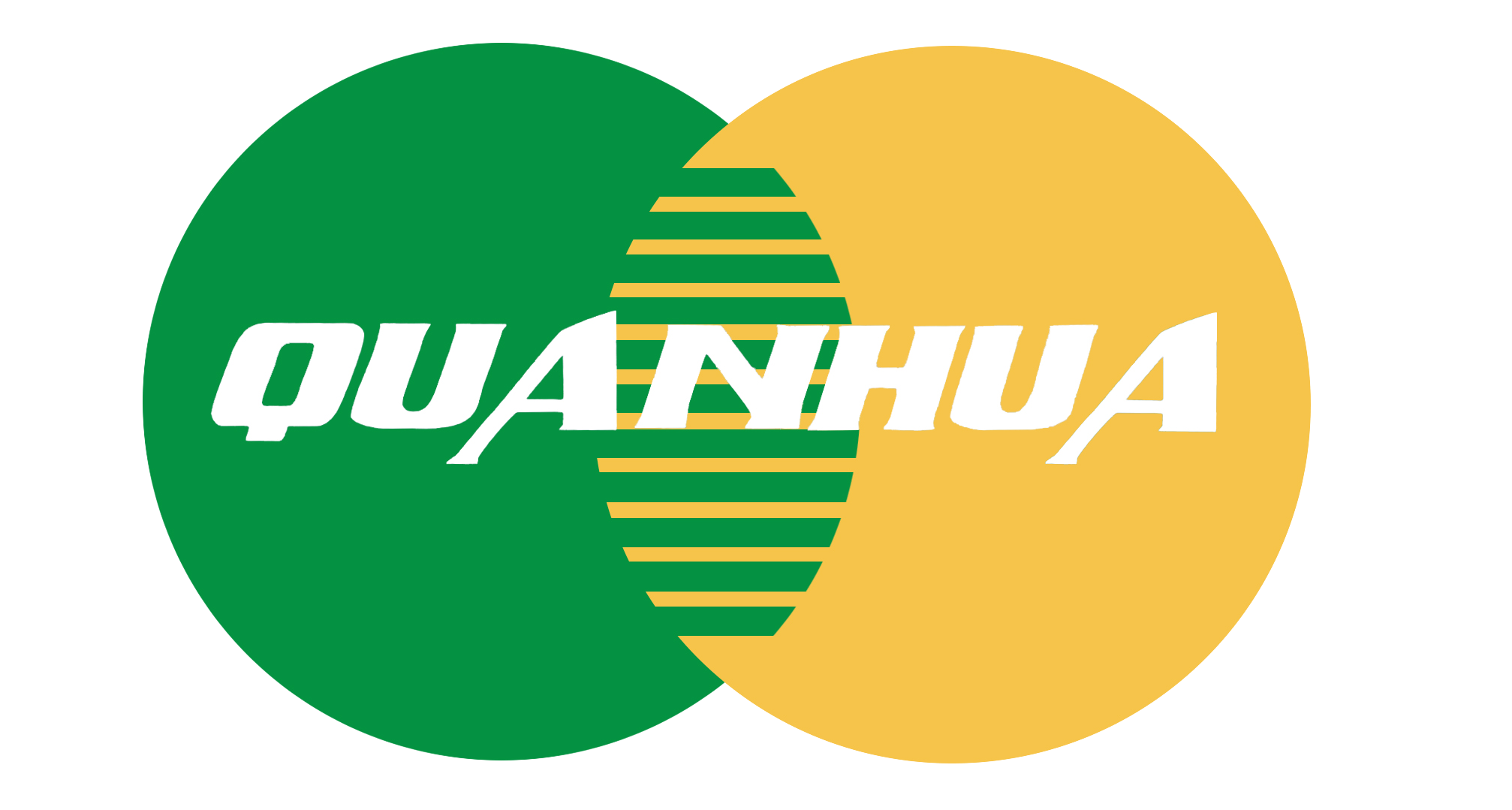Switch to Non-Plastic Cutlery for a Greener Planet
Plastic cutlery is now being replaced by eco-friendly options like non-plastic cutlery. But why is this change so important? And what are the benefits of making the switch to non-plastic cutlery?
The Environmental Impact of Plastic Cutlery
Plastic cutlery is a major contributor to environmental pollution. It is made from petroleum, a non-renewable resource, and takes hundreds of years to decompose in landfills. As a result, plastic cutlery ends up in our oceans, harming marine life and polluting our planet.
The Benefits of Non-Plastic Cutlery
Switching to non-plastic cutlery offers a range of environmental and practical benefits:
Reduced Environmental Impact: Non-plastic cutlery is made from biodegradable or compostable materials, significantly reducing its environmental footprint compared to traditional plastic cutlery.
Compostability: Many types of non-plastic cutlery can be composted in industrial composting facilities, turning them into nutrient-rich soil amendment.
Renewable Resources: Non-plastic cutlery is often made from plant-based materials like bamboo, wood, or sugarcane bagasse, reducing reliance on fossil fuels.
Reduced Landfill Waste: By using non-plastic cutlery, you can significantly minimize the amount of waste sent to landfills, conserving valuable space and resources.
Aesthetics and Durability: Non-plastic cutlery sets are often stylish and durable, offering a pleasant dining experience.
Types of Non-Plastic Cutlery
The world of non-plastic cutlery offers a variety of options to suit different needs and preferences:
Bamboo Cutlery: Bamboo cutlery is a popular choice due to its durability, natural appearance, and sustainability. It is often lightweight and splinter-resistant.
Wooden Cutlery: Wooden cutlery is another eco-friendly option, offering a rustic aesthetic and good strength. It is often compostable and biodegradable.
Sugarcane Bagasse Cutlery: Sugarcane bagasse is a byproduct of sugar production, making it a sustainable source for disposable cutlery. It is lightweight, durable, and often compostable.
Paper Cutlery: Paper cutlery is a cost-effective option for casual use. It is lightweight and recyclable in some areas.
Where to Use Non-Plastic Cutlery
Non-plastic cutlery is versatile and can be used in a variety of settings:
Events and Parties: Replace plastic forks, knives, and spoons with eco-friendly alternatives at parties, weddings, and other gatherings.
Food Service: Restaurants, cafes, and food trucks can switch to non-plastic cutlery for takeout orders, outdoor dining, and special events.
Picnics and Outdoor Activities: Enjoy eco-conscious picnics and outdoor meals with biodegradable cutlery.
Everyday Use: Make a sustainable choice by using non-plastic cutlery for everyday meals and snacks at home or on the go.
Making the Switch Easy and Affordable
Transitioning to non-plastic cutlery is surprisingly easy and affordable. Many retailers now offer a wide range of eco-friendly options at competitive prices. Additionally, bulk purchases can further reduce costs.
Tips for Choosing Non-Plastic Cutlery
Consider the Material: Choose a material that suits your needs and preferences, such as bamboo for durability or sugarcane bagasse for affordability.
Check for Certifications: Look for certifications like FSC (Forest Stewardship Council) or BPI (Biodegradable Products Institute) to ensure the cutlery is sourced responsibly and biodegrades as claimed.
Evaluate Strength and Durability: Choose cutlery that is strong enough to handle your intended use, especially if dealing with heavy or hot foods.
Consider Compostability: If you have access to composting facilities, opt for compostable cutlery to further reduce waste.
Conclusion
The switch to non-plastic cutlery is a simple yet significant step towards a more sustainable future. By embracing eco-friendly alternatives, we can reduce our environmental impact, conserve resources, and protect our planet for generations to come. Make the conscious choice today to ditch plastic and embrace non-plastic cutlery for a greener tomorrow.

